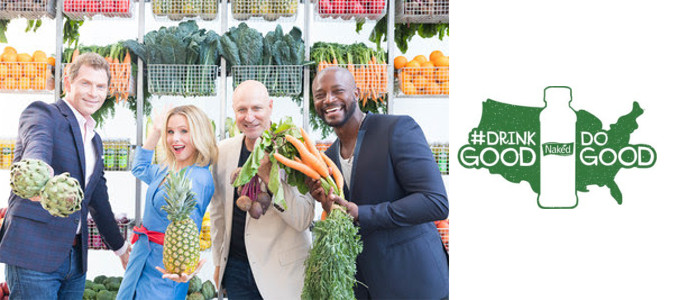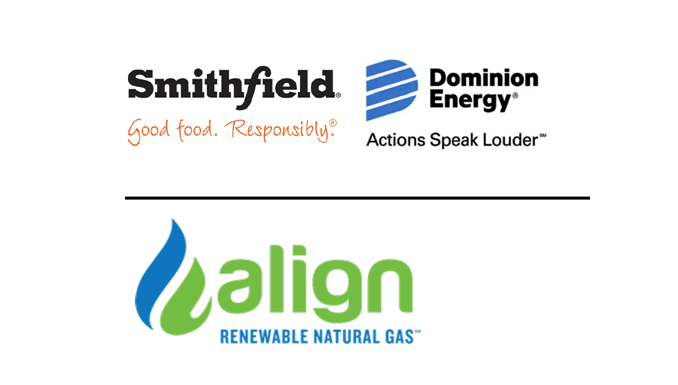The food industry is a major player in many environmental issues, like deforestation, water wastage, and land-use change, and is comprised of the agriculture and food retail sectors. That’s not to mention the combined 8.89 billion tons of greenhouse gas (GHG) emissions both were recorded to have been produced in 2022.
Evolution of Green Practices in Food Retail – Featured in F & B Magazine
The food retail sector has a lot to overcome on its way to sustainability and it’s becoming clear that it needs to do this fast. A study found that air pollution caused by global food production is killing more than 890,000 people a year worldwide so conservative efforts to improve practices are needed going forward.
Increased commitments and contributions from stakeholders across the entire supply chain are key to generating positive environmental impact. New energy-efficient food management practices and air pollution solutions can help mitigate the damage that the food retail industry has on the earth by lowering GHG emissions and using greener energy.
What can be done?
While the above paints a pretty bleak picture of our future, it’s not all bad. The past decade has seen climate change become a priority for many countries across the world, with some governments already making active efforts to lower emissions.
When it comes to the food retail industry, three areas seriously need our attention:
Lowering emissions
Within the agriculture sector, fertilisers play a big role in meeting supply and demand when it comes to our food. The ammonia emissions from solid urea fertilisers used are harmful to natural habitats as well as human health.
A report by GOV.UK found that by banning or restricting the use of these fertilisers, we can prevent ammonia from reacting with other pollutants like nitrogen oxides and sulphur dioxide and forming particulate matter that is harmful to human health.
Greener distribution and transportation
The journey from the fields to our plates produces 19 million tonnes of carbon dioxide, so supermarket chains are making efforts to combat this by investing in greener modes of transportation.
For example, Tesco sources up to 796,000 tonnes of fresh produce from abroad and the UK alike every year. To combat GHG emissions, they’ve swapped to a model of distributing goods via train instead of lorries.
Read Also: Restaurants and Commercial Kitchens – F & B Magazine
Food waste management
Food waste from British households and businesses is around 9.5 million tonnes – this has a value of £19 billion a year! Not only is this an obscene waste of energy but is the equivalent of 15 billion meals that end up in the bin.
Supermarkets have a key role to play in food waste management. Simple strategies such as embracing imperfect produce and donating surplus food can make a difference. Not to mention, the potential benefits of harnessing data and analytics to identify waste patterns.







